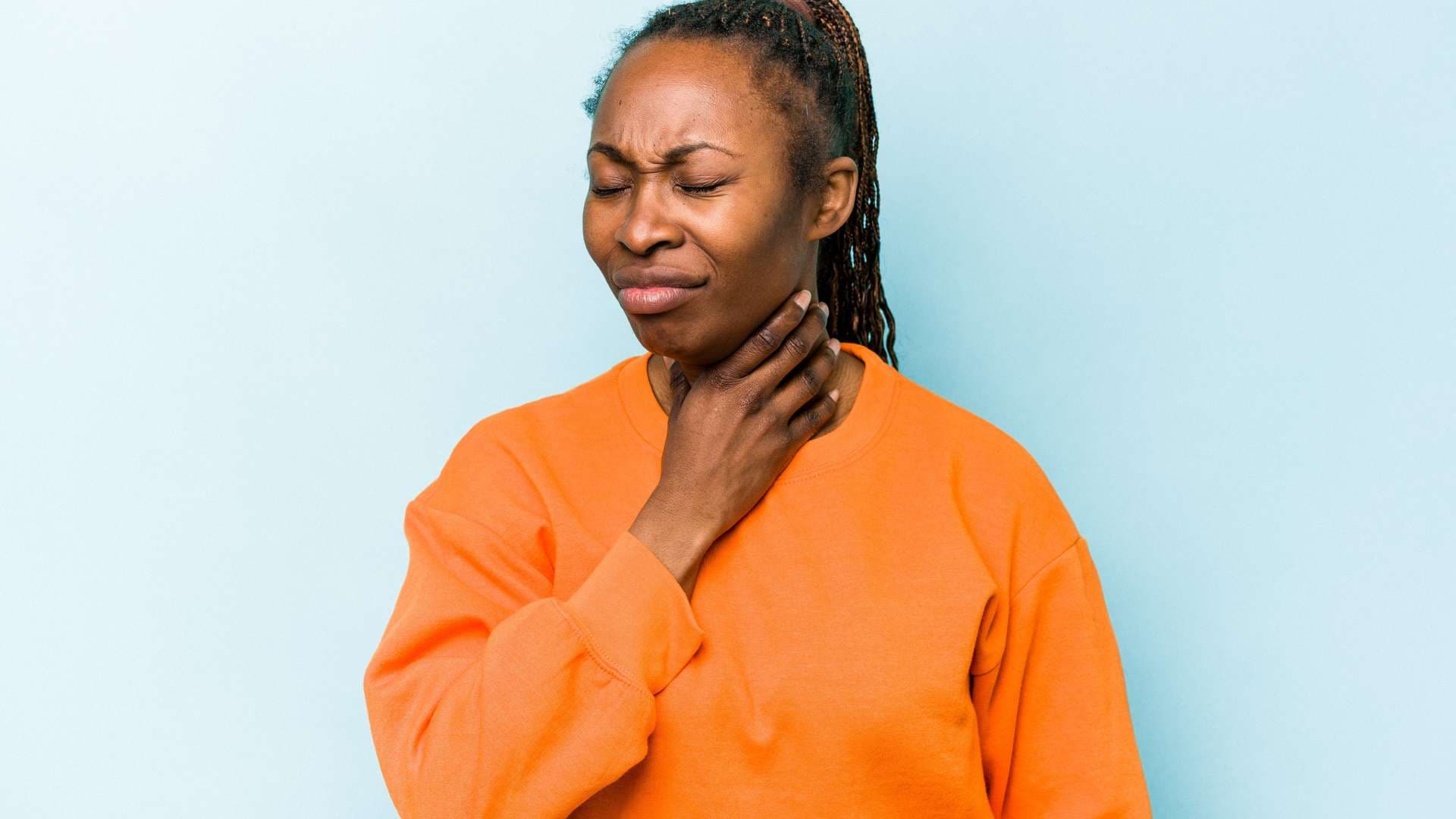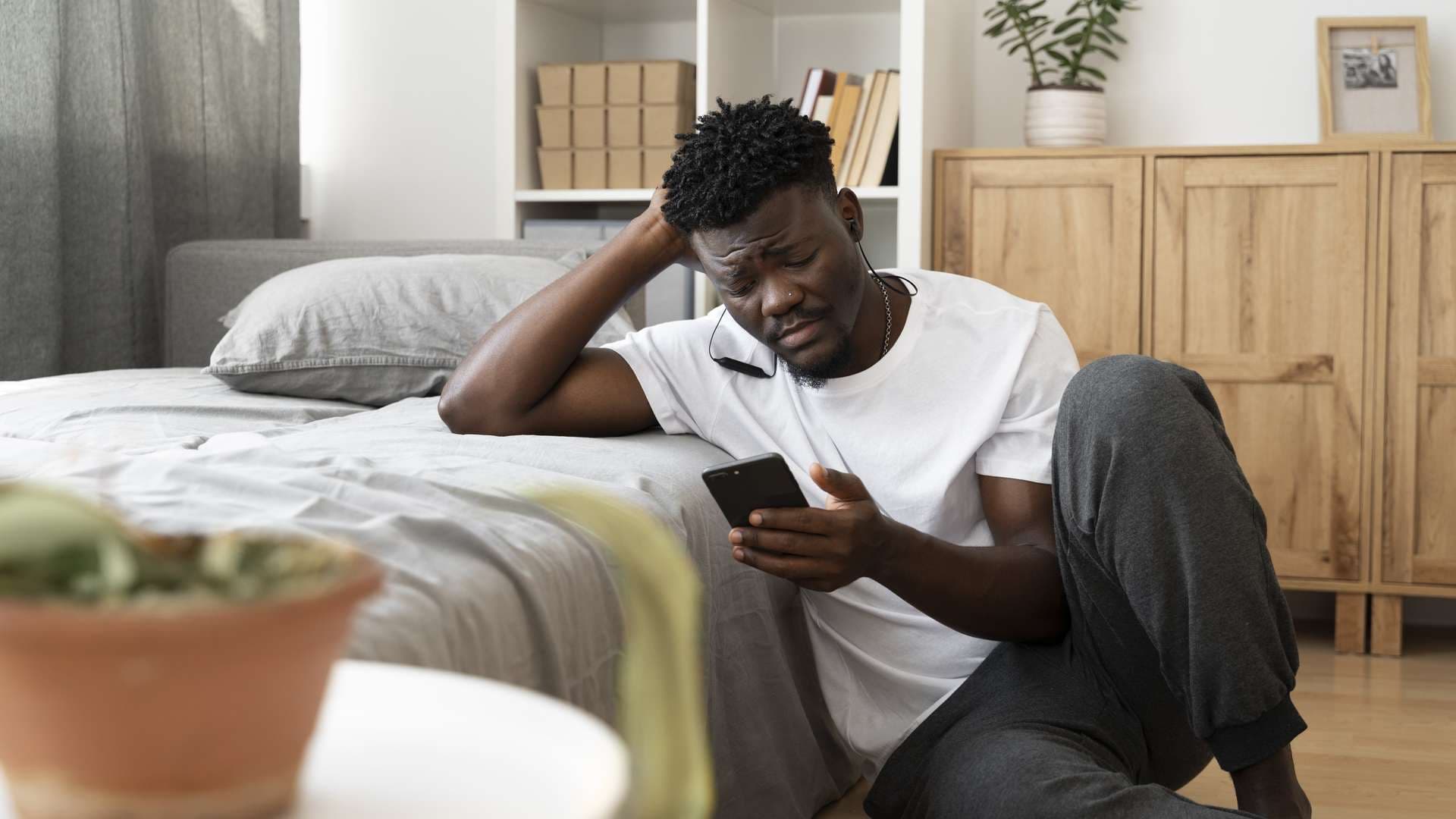Back pain, particularly lower back pain, is very common. It usually improves within a few weeks but can sometimes last longer or keep coming back. Back pain can have many causes. It's not always obvious what causes it, and it often gets better on its own.
How to ease back pain yourself
Do
- Stay active and try to continue with your daily activities
- Take anti-inflammatory medicine
- Use an ice pack wrapped in a tea towel to reduce pain and swelling
- use a heat pack or hot water bottle wrapped in a tea towel to relieve joint stiffness or muscle spasms
- Try doing some exercises and stretches for back pain
Don’t
- Do not stay in bed for long periods of time
There are specific exercises and stretches you can do to help with back pain. But stop if your pain gets worse and see a GP for advice.
When to seek medical attention
- Back pain does not improve after treating it at home for a few weeks
- The pain is stopping you from doing your day-to-day activities
- The pain is severe or getting worse over time
- You're worried about the pain or you're struggling to cope
- You have back pain and a high temperature
- You've lost weight without trying to
- There's a lump or swelling in your back or your back has changed shape
- The pain does not improve after resting or is worse at night
- The pain is made worse when sneezing, coughing or pooing
- The pain is coming from the top of your back (between your shoulders), rather than your lower back
- Pain, tingling, weakness or numbness in both legs
- Numbness or tingling around your genitals or buttocks
- Difficulty peeing
- Loss of bladder or bowel control
- Chest pain
- Back pain started after a serious accident
Treatments for back pain
If your back pain is severe or not getting better, a GP may prescribe painkillers or medicines to relax the muscles in your back. Other treatments may be recommended if your pain does not get better after a few weeks. These include:
- Group exercise sessions and physiotherapy
- Manual therapy – where a trained therapist massages and moves the muscles, bones and joints in your back
- Cognitive behavioural therapy (CBT) to help you cope with the pain
- A procedure to seal off some of the nerves in your back so they stop sending pain signals (only for long-term lower back pain)
If your back pain is caused by a medical condition like a slipped disc and other treatments have not helped, surgery may be an option.
Adapted from Back pain



